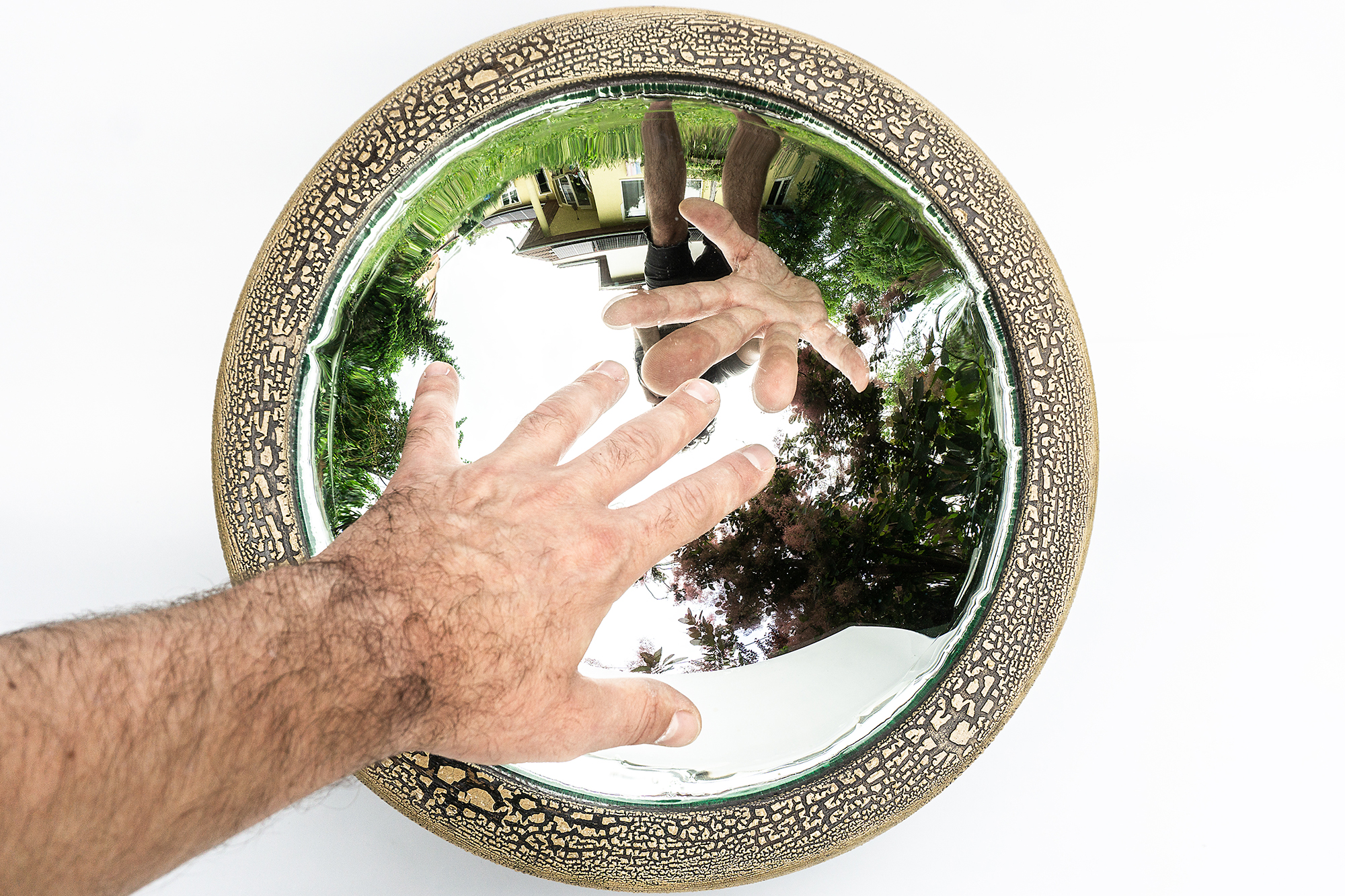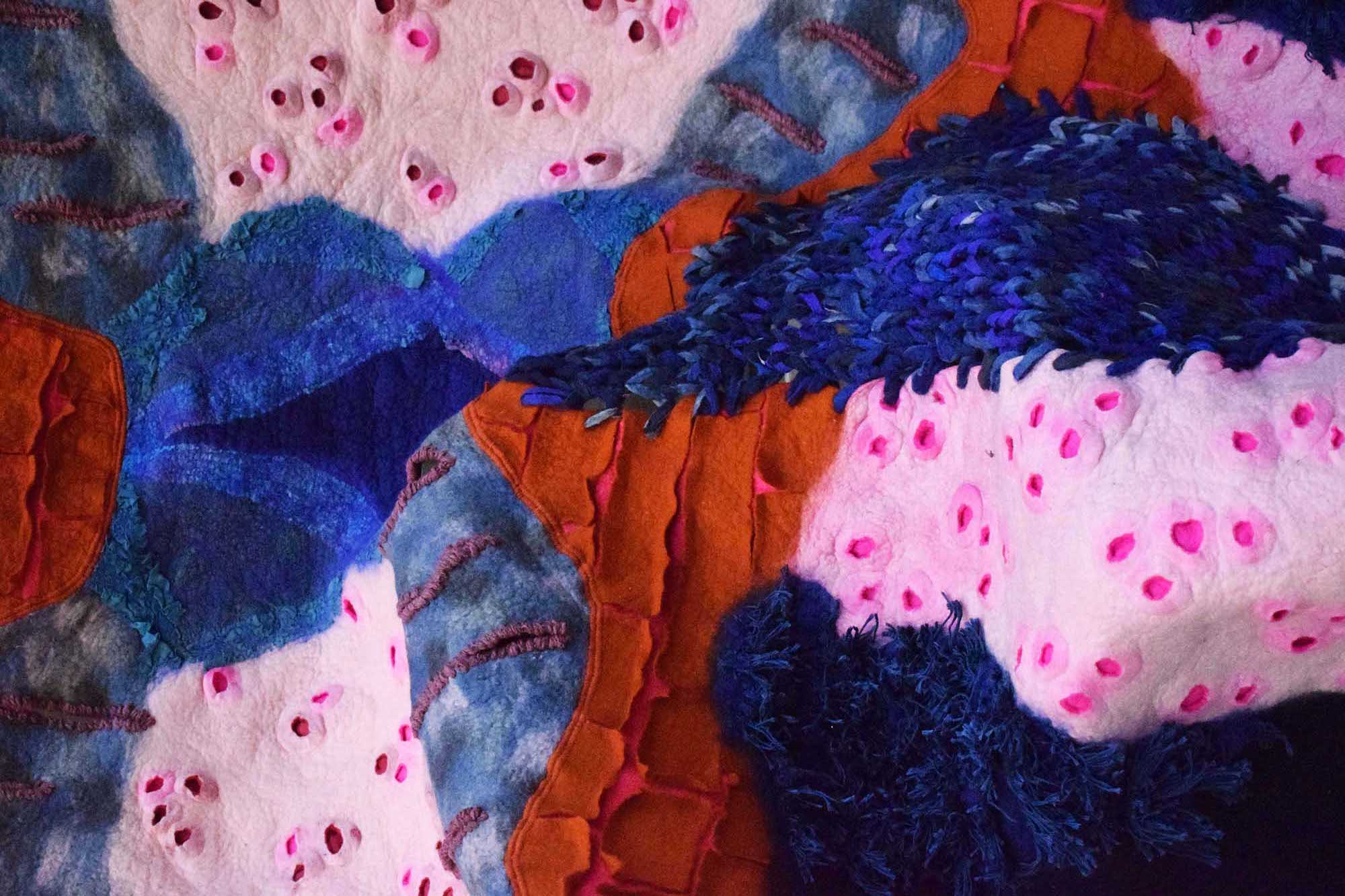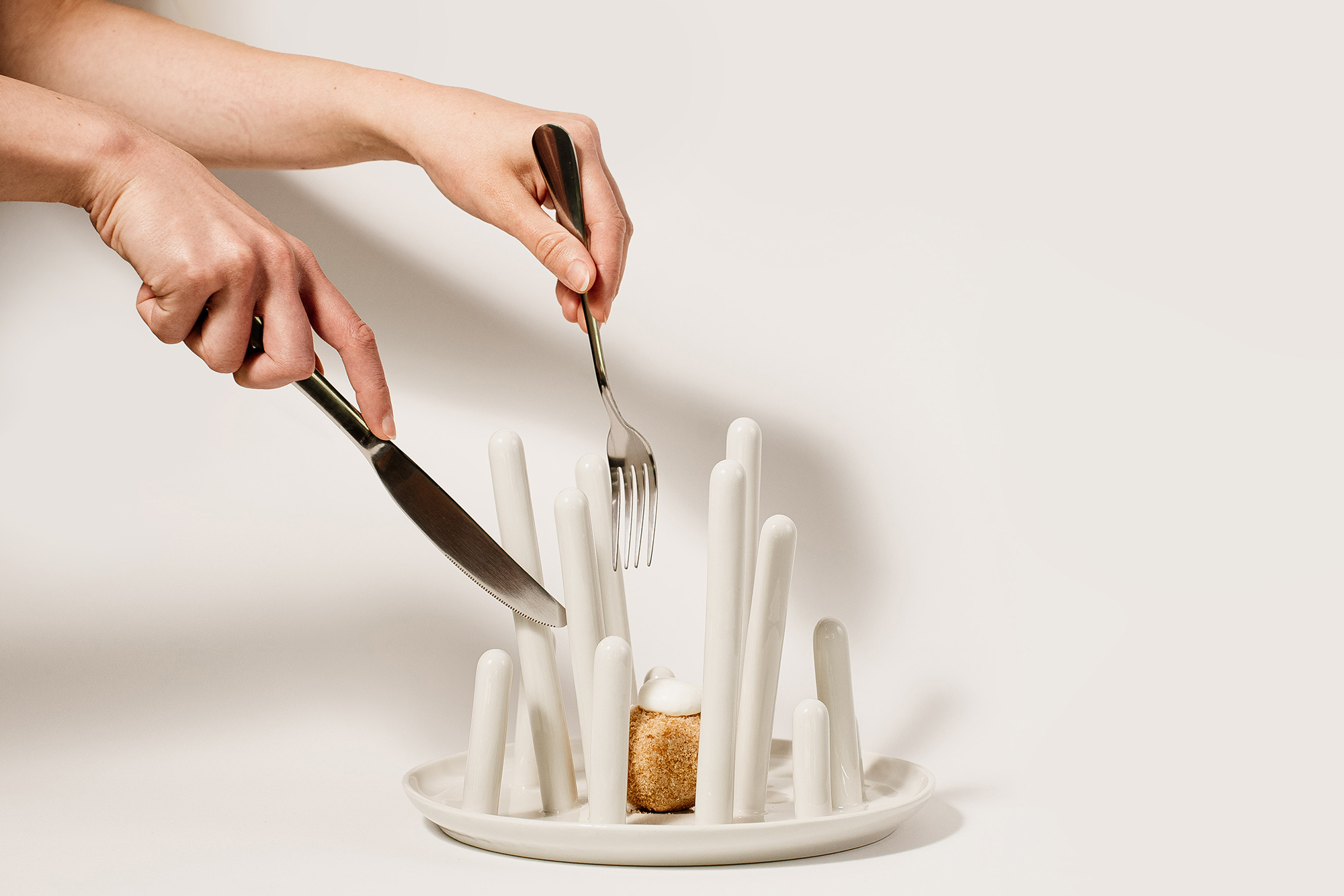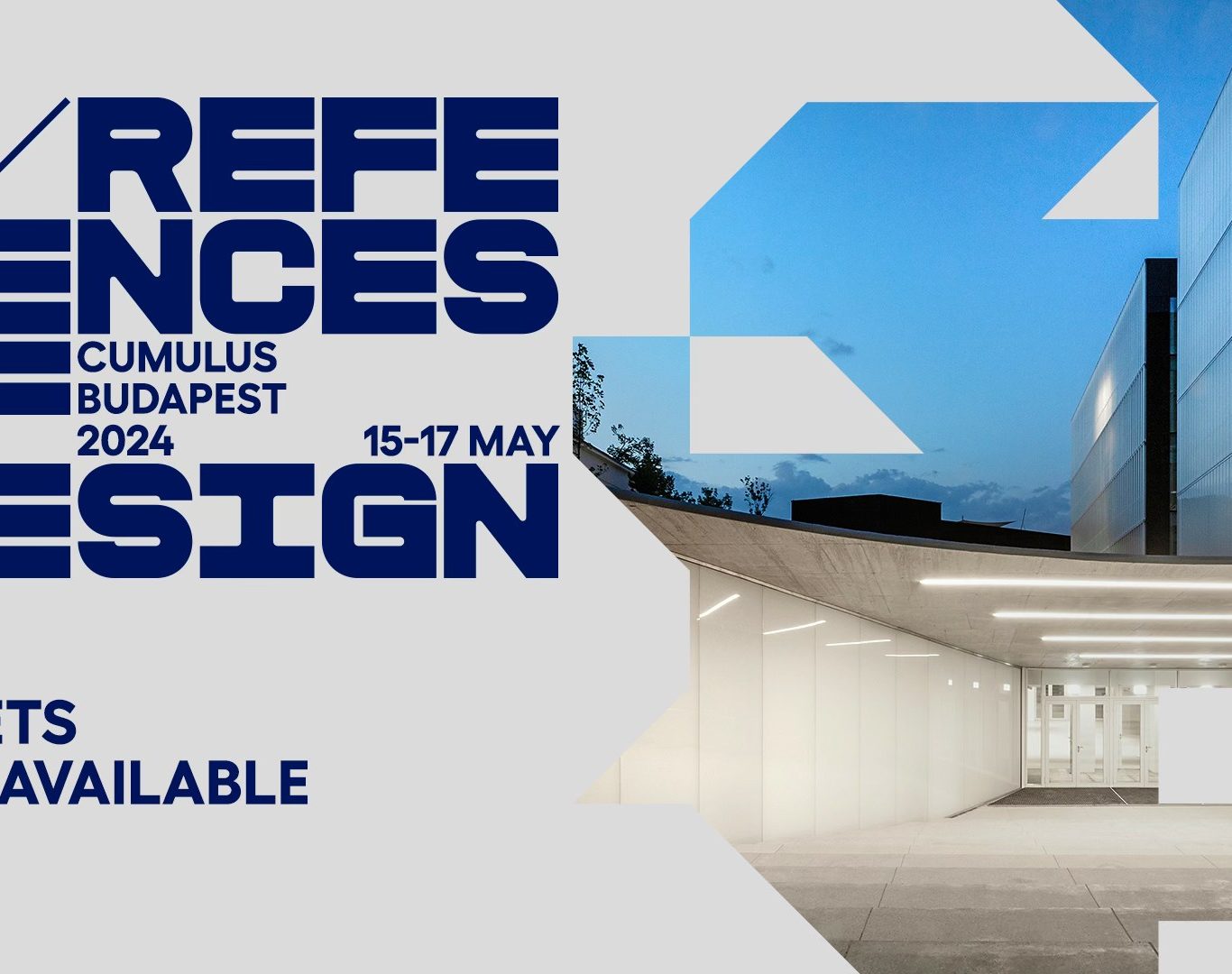
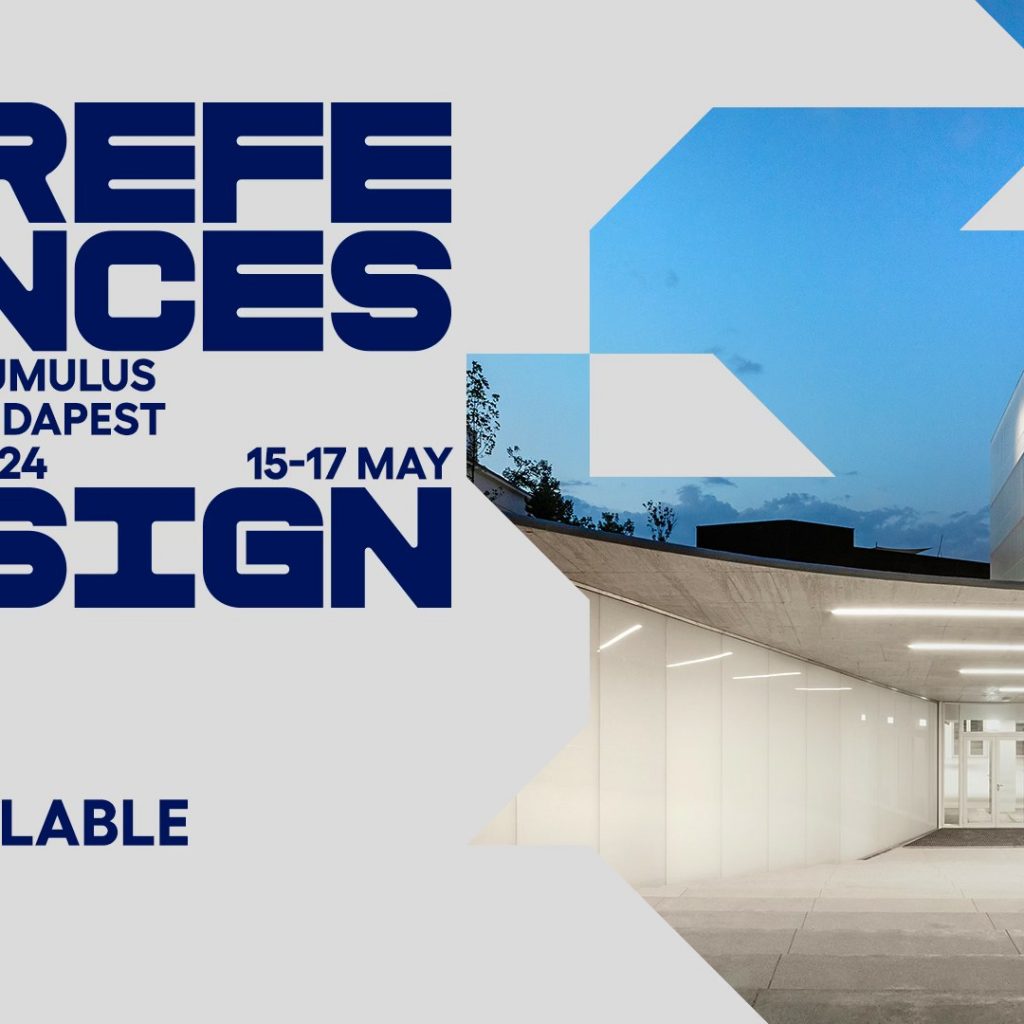
Experience at every turn – Immersive experience research on the agenda of the Cumulus Budapest 2024
How do experiences pervade and define our daily lives in a welfare society? How does an experience-oriented society affect design processes, whether in terms of spaces or digital applications? Lead researcher of the Interaction and Immersion Hub of the MOME IC Dr. Ágnes Bakk specialises in immersive storytelling and the science of magic, and her focus as a designer and researcher encompasses everything from VR to physical theatre.
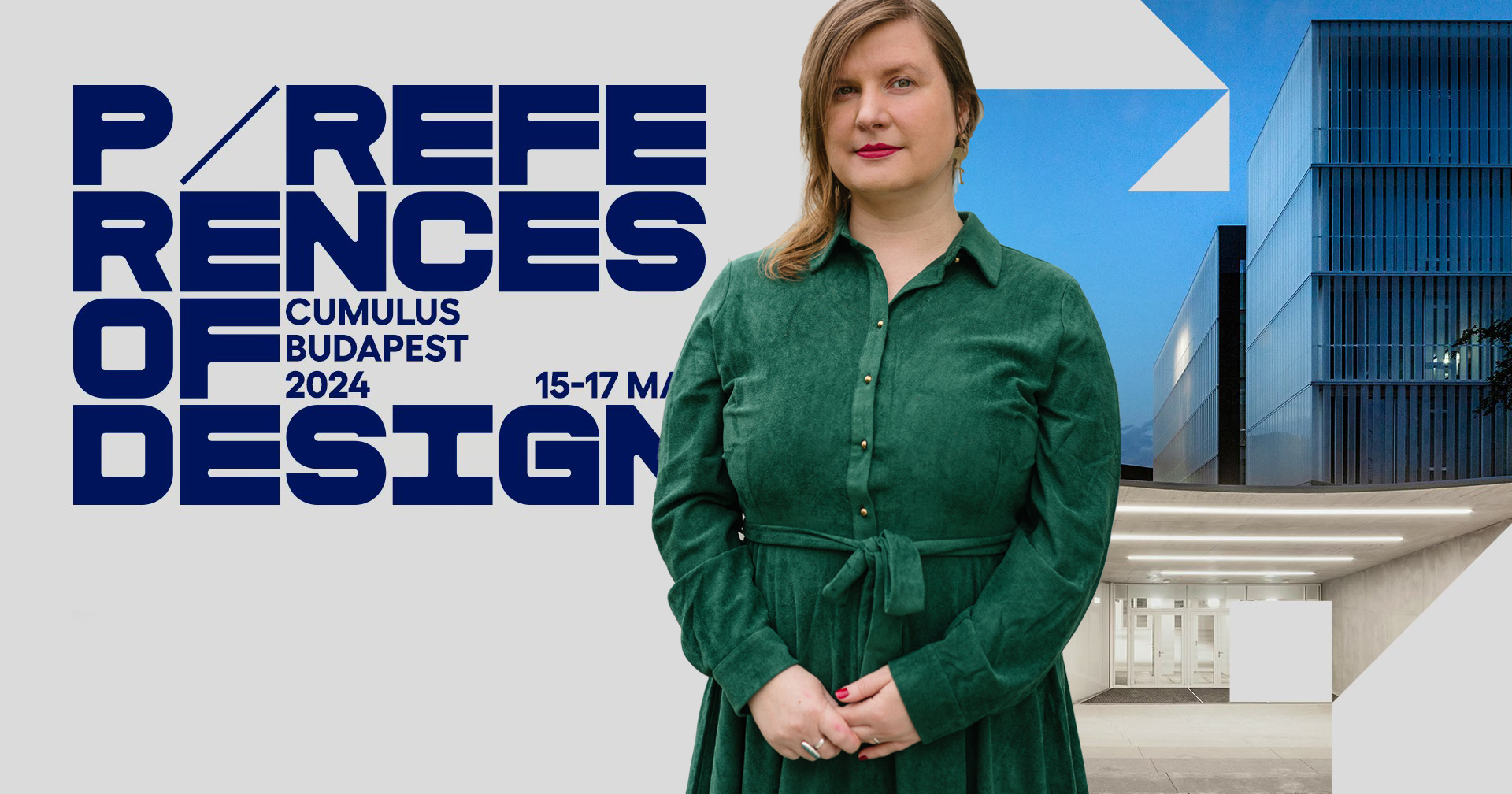
In 2018 she launched the Zip-Scene conference which took place annually for the past six years and played a key role in increasing public awareness of interactive digital storytelling and its various approaches and applications in our region. Ágnes, who regularly speaks at various conferences and festivals from Moscow to Montreal and is currently working on several video games as a narrative designer, originally came from the world of theatre, which has greatly shaped her attitude and interests as a researcher. The questions above will be covered by The Power of Immersion section of the P/References of Design conference of the Cumulus Association to take place at MOME between 15 and 17 May 2024, but we also asked Ágnes who will be heading the section.
Over the past decade, we have become curators of our own experiences – in other words, on top of enjoying immersive experiences, we can pick and choose which ones we want to be a part of. This is also the guiding thought for the Power of Immersion section.
“Growing appreciation for quality use of leisure time in post-WW2 welfare societies has led to the dominant belief that everything we experience needs to be an experience. What used to be an attraction 150 years ago is immersion today”, Ágnes says to preface the conversation in response to being asked about the paradigm shift making immersive experiences more personalised.
“Our desire to perceive everything as an experience, and the sense that we can be the curators of these experiences have been reinforced by the rise of Instagram, as well as the experience economy approach. We are the architects of what and how we want to experience things, and what we let on. As Adam Alston has put it, this brings out our neoliberal selves as we become responsible for enjoying our own experiences and leading a good life, and in turn, for how we live.”
And it is not just art, theatre, or the advertisement industry that wants a piece of providing an escape from the dullness of everyday routine. The need for experiences that help us break free from the rut has been recognised by urban design and digital design, and are thus topics that should be discussed at a design conference.
According to Ágnes, the role of designers is to guide users along various immersive experiences, i.e. in making a difference in what users are shown, how their perception is influenced, and what freedom of choice they are afforded.
Mapping and unlocking the therapeutic potential of VR is a central focus of Ágnes’s research, and transformative experiences is a key concept of this section of the Cumulus conference. This reflects the design intention to induce some kind of – preferably – positive change in the user, even in the long term.
“Environmental psychology and behavioural science are also related areas, and we would prefer to focus on positive examples. For instance, how spatial arrangement can lead to healthier choices. In addition to offline experiences, most of our research at MOME is directed at VR, metaverse-like spaces, more specifically, exploring how immersion in a natural environment or in a social setting can affect users.”
Project Zenctuary at MOME is a perfect example. The VR gardening application developed by the Immersion and Interaction HUB (headed by Ágnes Bakk and Borbála Tölgyesi) with software development support from Code and Soda Kft. is a virtual natural setting/surrounding that allows users to have non-gamified interaction with nature and experience its positive and restorative benefits. The application was tested on various focus groups, revealing that users trying the prototype Zenctuary VR experienced reduced levels of stress and anxiety. What’s more, the control group of people with ADHD and neurotypicals also claimed to feel more relaxed after 10 minutes of use. In the next phase, the goal is to further improve the application and to test in hospital patients.
The Cumulus Budapest conference is an exceptional opportunity for international professionals from various design universities to gather and exchange information about the progress of their research. Ágnes shares the same view.
“I reckon the most exciting thing about the event is that it enables representatives of niche areas doing research with lower visibility as of yet to meet. This is a unique opportunity for meeting and exchange. I think the topics raised are very exciting and relevant, and many explore our overall wellbeing in an interdisciplinary fashion, mostly from a design perspective but with a mindset open to economy.”
The Power of Immersion section will also include Federica Cavaletti of the University of Milan, and Bálint Szabó from the Department of Ergonomics and Psychology of the Budapest University of Technology.
// /
More information about the Cumulus Budapest Conference 2024 on the event website
